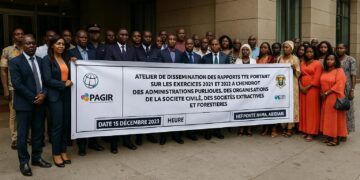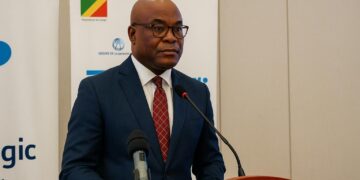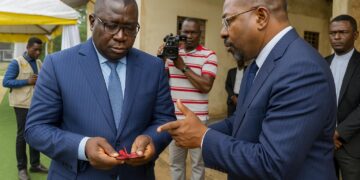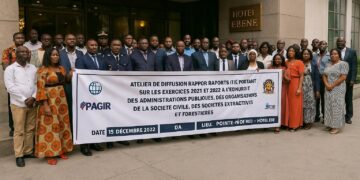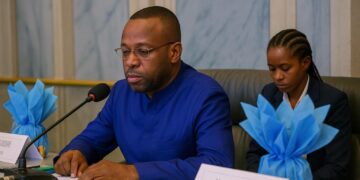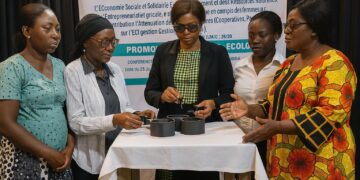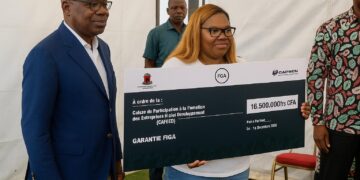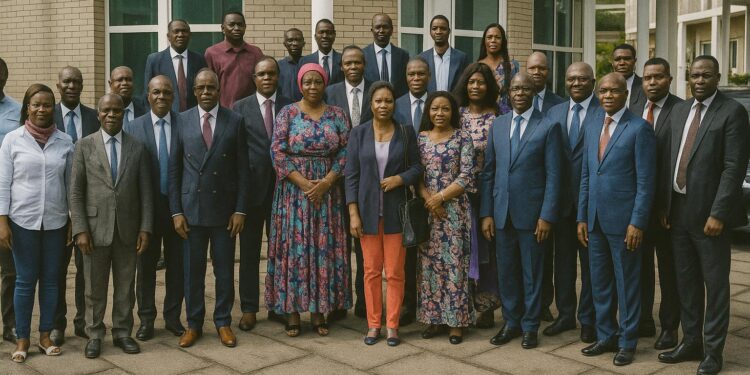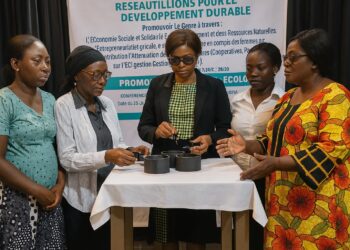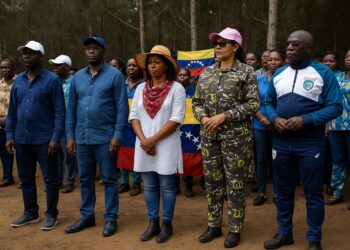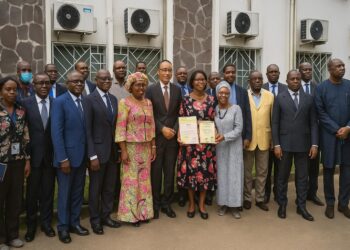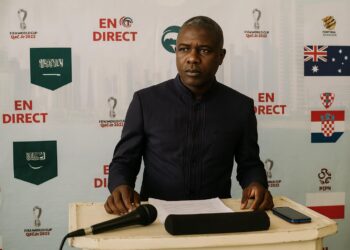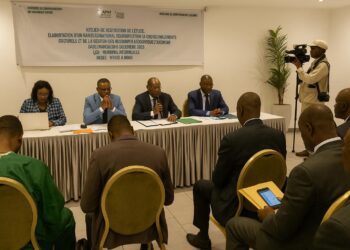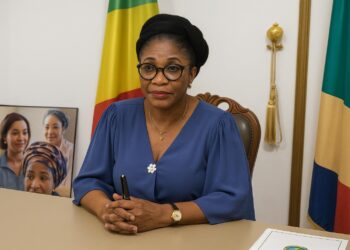A National Conversation Gains Diplomatic Weight
The July roundtable convened by the Rencontre pour la Paix et les Droits de l’Homme has been widely interpreted by regional observers as more than a civil-society gathering. By attracting senior representatives from the Ministry of Sustainable Development, executives from TotalEnergies and officials from multilateral lenders, the forum became an unofficial testing ground for the Republic of Congo’s evolving narrative on economic diversification. Participants acknowledged that crude still delivers close to 90 percent of export receipts, yet the event’s very composition signalled broad acceptance of the government’s determination to prepare a managed exit from singular hydrocarbon dependence.
Mapping the Economic Landscape Beyond Crude Exports
Several studies commissioned by the government and its partners underscore the urgency of recalibration. The International Monetary Fund estimates that a mere five-dollar fall in Brent prices can shave almost one percentage point off Congo’s growth (IMF 2023). Conversely, simulations by the African Development Bank suggest that targeted agro-industrial investment could add 2 percentage points to annual GDP by 2030 (AfDB 2024). During the roundtable, delegates referenced these projections to underline the pragmatic logic behind diversification: it is not an ideological turn away from oil, but an exercise in macro-prudential risk management.
The Government’s Measured Embrace of Green Industrialisation
Officials reiterated that Brazzaville’s strategy is incremental, not abrupt. The Special Economic Zones in Pointe-Noire and Oyo are being recalibrated to host solar-panel assembly lines, fertiliser blending plants and timber-processing facilities—sectors that build on Congo’s resource endowment while satisfying climate imperatives. In parallel, a legislative package under preparation at the Ministry of Economy offers tax holidays of up to ten years for renewable-energy operators that source at least 40 percent of inputs locally. By staging incentives rather than commanding closures, policymakers seek to avoid the disruptive shocks experienced by other resource-dependent states that pursued sudden divestment.
Foreign Partners and the Calculus of Investment Confidence
Foreign investors at the roundtable welcomed the clarity. A representative of the French Development Agency pointed out that concessional credit lines worth €150 million are contingent on verifiable milestones in fiscal transparency and environmental governance. Meanwhile, senior executives from the Export-Import Bank of China confirmed interest in co-financing a 600-megawatt hydroelectric complex on the Sangha River, provided feasibility studies demonstrate both debt sustainability and regional power-pool integration. Such conditional engagement illustrates how the diversification agenda is shaping Congo’s diplomatic bargaining power, transforming environmental stewardship into a negotiating asset rather than a perceived constraint.
Societal Stakeholders and the Quest for Inclusive Growth
Civil-society actors insisted that new industries must deepen, not dilute, social cohesion. Christian Mounzeo of RPDH recalled that communities in Kouilou and Pointe-Noire have long carried the externalities of drilling activities without reaping commensurate developmental dividends. He argued that future forestry, agri-processing and hydrogen projects ought to embed local content targets and gender-responsive employment metrics. Government representatives replied that the forthcoming National Development Plan 2025-2030 will incorporate community benefit-sharing agreements modelled on best practices from Ghana’s mining code, thereby institutionalising a more inclusive growth pathway.
Charting a Pragmatic Yet Ambitious Roadmap
By the close of the forum, participants coalesced around a provisional roadmap consisting of three interconnected pillars. First, maintain responsible oil output in deep-water blocks to fund transition investments, mirroring Norway’s gradualist template. Second, prioritise agro-industrial corridors and renewable mini-grids capable of delivering quick employment gains, in line with International Energy Agency cost projections for sub-Saharan Africa (IEA 2022). Third, strengthen institutional capacities—most pressingly, the statistics agency and the public procurement authority—to ensure that diversification projects remain insulated from price-cycle volatility. The consensus, articulated with diplomatic restraint, is that economic security and environmental stewardship are mutually reinforcing rather than mutually exclusive.
An Outlook Rooted in Realism and Forward Vision
Congo-Brazzaville’s leadership has thus signalled that diversification is not a rhetorical flourish but a strategic imperative backed by empirical evidence, calibrated incentives and multilayered partnerships. While the petroleum sector will continue to underpin fiscal buffers in the short to medium term, the deliberate expansion into sustainable value chains offers a realistic avenue to mitigate commodity shocks, honour global climate commitments and strengthen domestic social contracts. The July deliberations in Brazzaville have therefore advanced the post-oil conversation from conceptual aspiration to structured policy design—an evolution that international observers will monitor closely as benchmarks translate into budgets and, ultimately, into measurable welfare gains.





